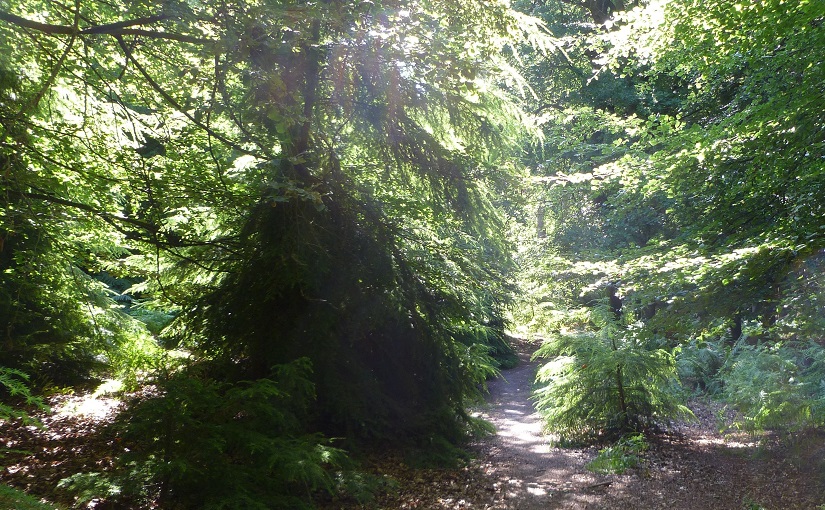What do we stand to lose, as people? Presumably that’s the line of reasoning for assessing any form of risk: what’s at stake; how easily could we replace it; what would it cost to do so; and, can we afford that? This idea of imagining what might happen and somehow making our peace with it, financially as much as personally. Turning it round to look at modern society, where does that reasoning lead?
Because it seems we’re quite clearly shifting toward running most, if not all, of our essential social functions through the medium of technology (see Notes One). Naturally, I’d imagine. Every civilisation probably took its tools and turned them toward the problems of life; reconfiguring their existence to some extent around what was becoming possible. In that light, technology is simply the most recent manifestation of progress.
But then, it’s evidently a tool that operates on a scale the world had never seen: reconfiguring international patterns of communication, commerce and cooperation; redistributing resources, products and functions; shifting ideas at an astonishing pace, and conceivably changing how we are as people in ways no one can entirely predict. Possibly the first tool humanity’s ever had the luxury of wielding that has such huge reach.
Our previously distinct, relatively isolated communities are seemingly now merged by many visible and invisible means; creating countless sub-communities and common interests that transcend our national borders to interlink us all in ways we might not fully realise. The complex reality of this modern, global community is fascinating to contemplate, much as we no longer actually see the impacts we’re having on others (Notes Two).
What does it all mean? What is it that we’re deconstructing on the local or national scale and confidently rebuilding on this global one? What way of thinking about life are we transposing there, as we effectively reshape all these corners of the planet with our activities? What ideals or beliefs around the value of human life and the significance of our existence are we using as the foundation for all this?
And what does it mean that we’re so often removing local infrastructure such as high street retailers, accessible offices, and other tangible functions and services around which our physical communities were built? Surely, at the core of it all, we’re still humans with a sense of place, belonging, warmth, interaction, and the value we add through our actual physical presence and contribution? (Notes Three)
Within all this, our choices are inevitably adding up; potentially chipping away at some quite fundamental aspects of what makes us human and connects us meaningfully, purposefully, respectfully with one another. All these small shifts and compromises must be changing things in countless untold ways as society gradually takes on these new forms.
What are the forms, functions and values underpinning this way of life and how we’re going about things now? What are we taking apart in the physical world and shifting into this other, virtual one? And, where does that leave us?
Notes and References:
Note 1: Market forces or social necessities
Note 1: Technology & the lack of constraint
Note 2: Value in visible impacts
Note 2: Community as an answer
Note 3: At what point are we just humans?
Note 3: “Wisdom” by Andrew Zuckerman
Note 3: Obligations and contributions

